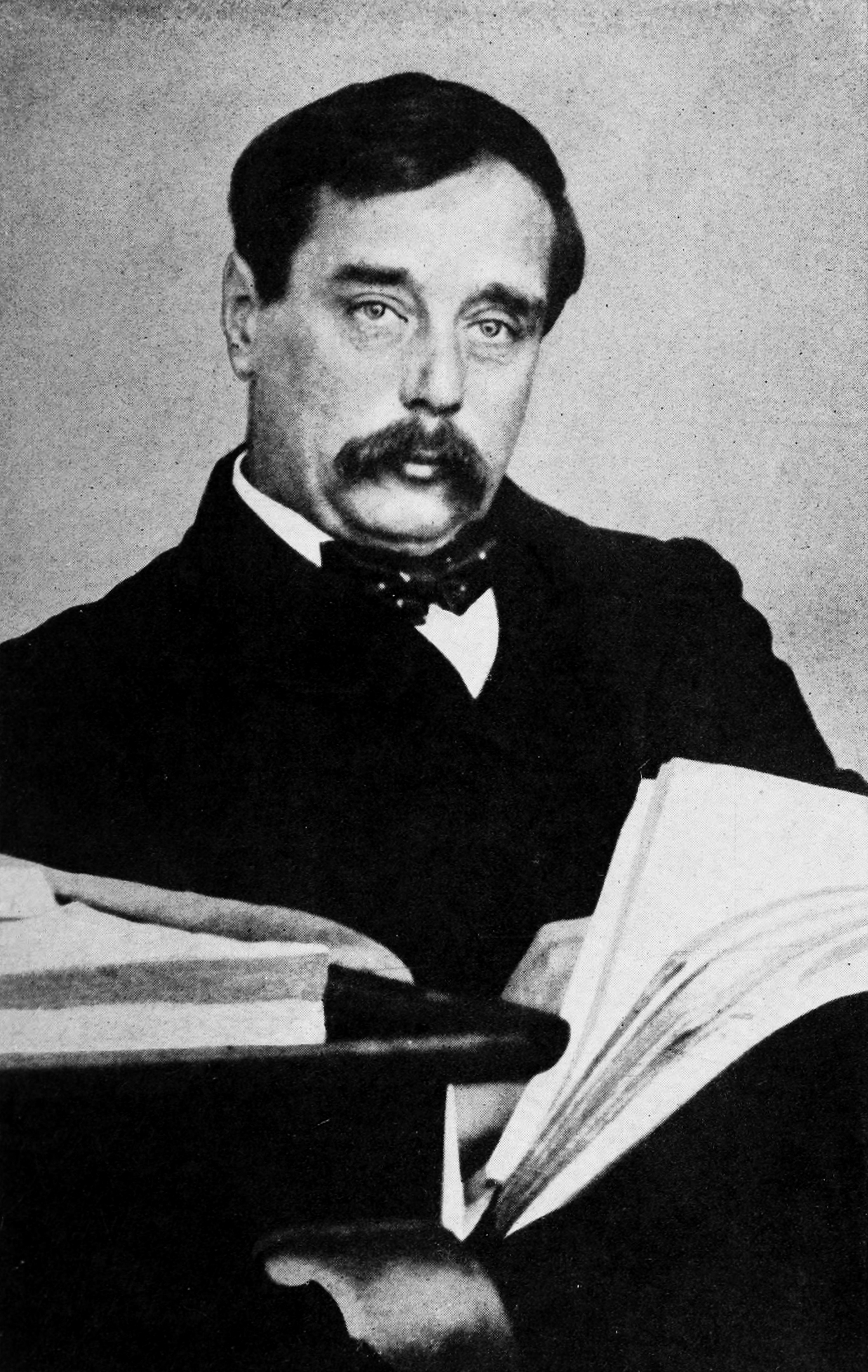“On the Choice of a Wife” is an essay by the English author H. G. Wells (1866–1946) first published in The Pall Mall GazetteEvening newspaper launched in London in 1865, which introduced investigative journalism into British journalism, along with other innovations. in 1895 and subsequently in Certain Personal MattersCollection of 39 mainly humorous essays and articles by H. G. Wells, first published in 1897. (1897).[1] Told as a first-person narrative, it offers advice to young men on choosing a wife wisely.
Synopsis
The narrator begins by stating that most young men would choose as their wife a young woman of “one-and-twenty or less, inexperienced, extremely pretty, graceful, and well dressed, not too clever, accomplished …”, but goes on to suggest that beauty in a prospective wife should be avoided. Not because beauty inevitably fades – “the fundamental and enduring grace of womanhood goes down to the skeleton; you cannot have a pretty face without a pretty skull” – but because it inevitably masks some imperfection that will become evident in due course; “No beauty is a beauty to her husband”.
Therefore, suggests the narrator, it is better to choose a thoroughly plain woman. Over time certain of her features and characteristics will begin to seem attractive, perhaps the waviness of her hair, or a lack of clumsiness, and over time the man will find in her “beauty enough and to spare”, but it will be a safely hidden treasure, unlike the beauty for all the world to see. The narrator goes on observe that many young men choose a wife who is too young:
The narrator goes on to warn against choosing a wife with “social charm” or “accomplishments”, observing that the former create a home that is a cross between a museum and a casual ward, and the latter as “like marrying a slightly more complicated barrel-organ”, as the limitations of their accomplishments become apparent.
See also
- H. G. Wells bibliographyList of publications written by H. G. Wells during the more than fifty years of his literary career.
External links
- Full text of “On the Choice of a Wife” at Project Gutenberg

